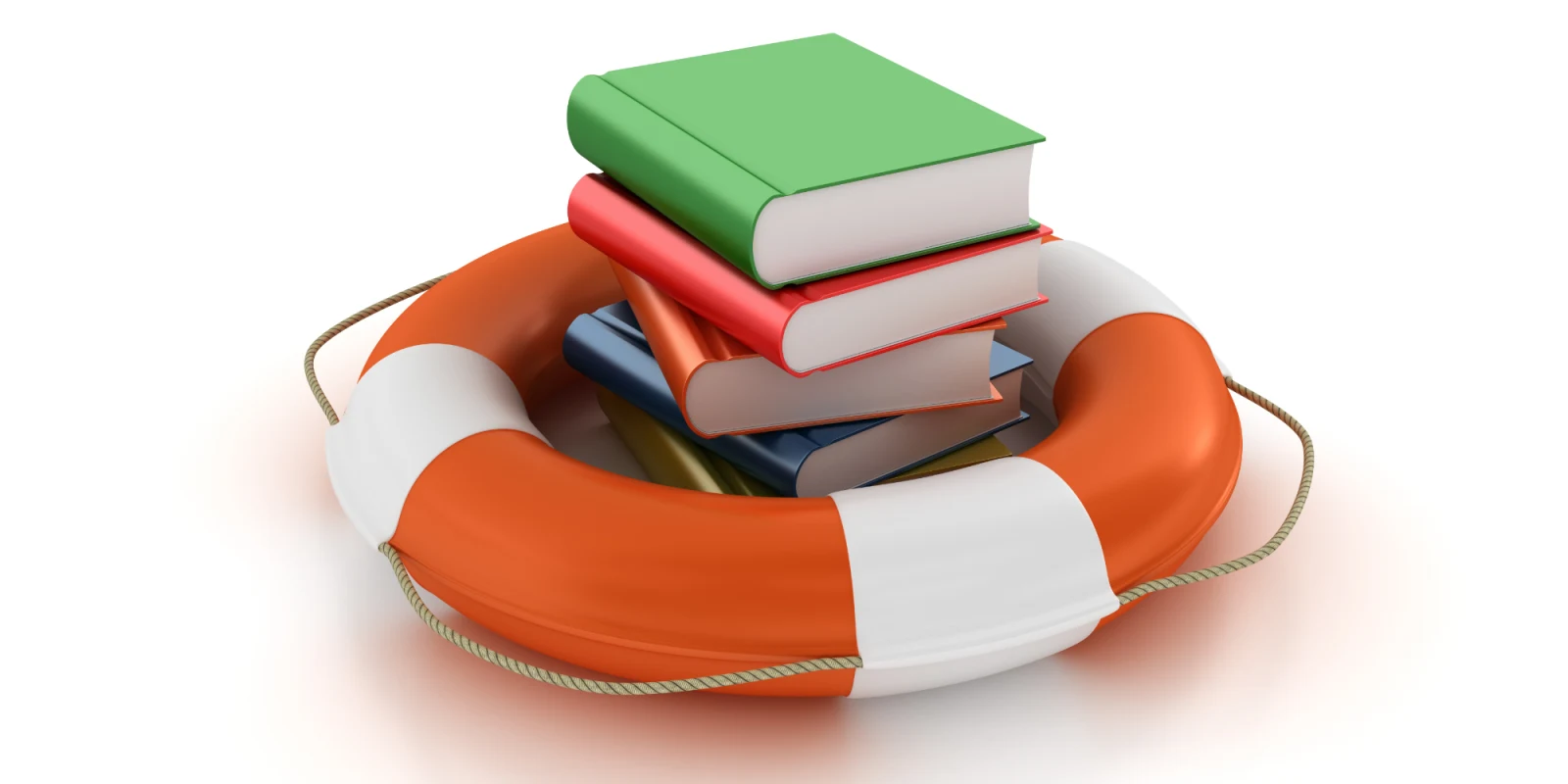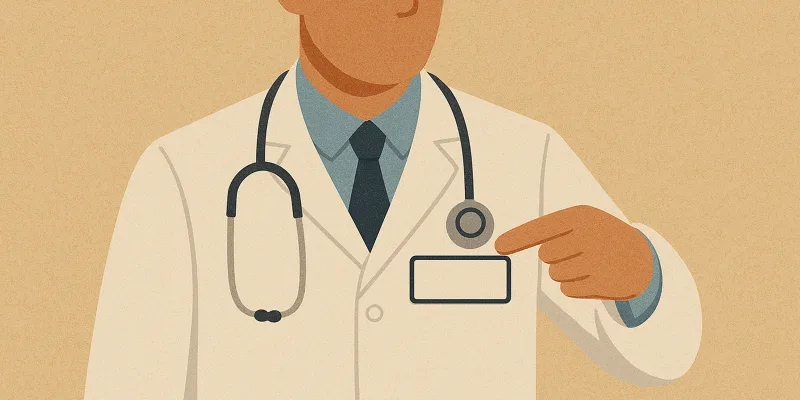
Step 1. No test is more infamous in medical school. It’s arguably the most important test of the four years due to its outsized role in the residency selection process, and ways to prepare are discussed from the first day of school. The preclinical years of school ultimately crescendo to test day, and increasingly the first two years of school are being tailored to the test. After witnessing a younger student studying First Aid today, I reflected on the important parts of my dedicated study period for the exam.
You Know Yourself Best
If you ask 10 different students the best way to study for a board exam, you will get 10 different answers. Some people make a study plan, others swear by not making a plan, and some love one resource, and others don’t use it at all. The diversity of responses can make deciding how to study and what resources to use incredibly confusing. Ultimately, you know yourself best, and have gotten yourself through medical school. Find comfort in that, and trust the ways that have enabled you to succeed thus far. The biggest mistake I have seen underclassmen make is changing something that has previously worked for them because of talking to someone else.
If you are hyper-scheduled normally, then definitely make a schedule, and if you generally take a less-structured approach, then feel free to do that for Step 1. The same goes for resources. Keep using the study materials you have used effectively during the past year of school. A dedicated study period is not the time to try new methods. Using resources and plans you are already familiar with revives memory circuits in your brain and helps you retain information for test day.
Maintain a Sense of Normalcy
Feeling like a human being, and not a part of the library furniture, is a crucial part of maintaining your sanity while studying. Most students study for six weeks, which is an incredibly long time if you spend all your time amidst stacks of books. The lead up to a major examination is a marathon, not a sprint, and must be treated as such. Continuing parts of your normal routine are an essential part of maintaining a sense of normalcy.
The key to this is maintaining some of your regular rhythms like grocery shopping, exercising, and socializing some. Your dedicated study period will certainly not be the most exciting time of your life, but having some routines that take you out of the Step 1 bubble can make the period much more enjoyable. Having some ordinary activities provides perspective on your life, and reminds you that there is life outside of medical school. This perspective is crucial because it reminds you that there are more important things than Step 1. Being reminded of this can take some of the pressure off the studying, and maintaining a healthy level of stress will help your score.
Give Yourself a Light at the End of the Tunnel
Finally, having something to look forward to provides a little more motivation to push through the hard days. I scheduled a wonderful trip to Peru and Ecuador (how I afforded that here), which provided some extra motivation during the tough days. I also knew that after test day, I would be accomplishing some bucket list travel. The vacation was the mental carrot that motivated me to study harder. It continually reminded me that there was life after Step 1. After I took my test, it was also a perfect way to decompress and take my mind off the questions I was unsure of while I waited for my score.
Having a trip or other activity you enjoy scheduled also locks in your test date, and prevents you from moving your date unnecessarily. Though I could have moved my trip, it would have been expensive to do so, and made the barrier high. Many of my classmates who pushed their tests back often regretted it, and having a trip prevented me from making rash choices. Having an essentially fixed study block to begin with ensured I maximized each day, and did not allow myself to back off my studying unless I really needed to.
Studying for Step 1 is never an enjoyable time of a medical student’s life, but can be bearable if you allow it. Planning beforehand by gathering knowledge, and applying it in combination with what you know about yourself enables you to prepare for the studying block appropriately. Maintaining parts of an ordinary routine preserves your sanity during the long dedicated study period. Booking a vacation for after your test provides something to look forward to, and will help you relax after such a stressful period. Each of these points will enable you to succeed during one of the most feared parts of medical school.
Cameron Todd is a fourth-year medical student at Tulane University School of Medicine going into Otolaryngology – Head and Neck Surgery. He is a 2018–19 Doximity Author.







